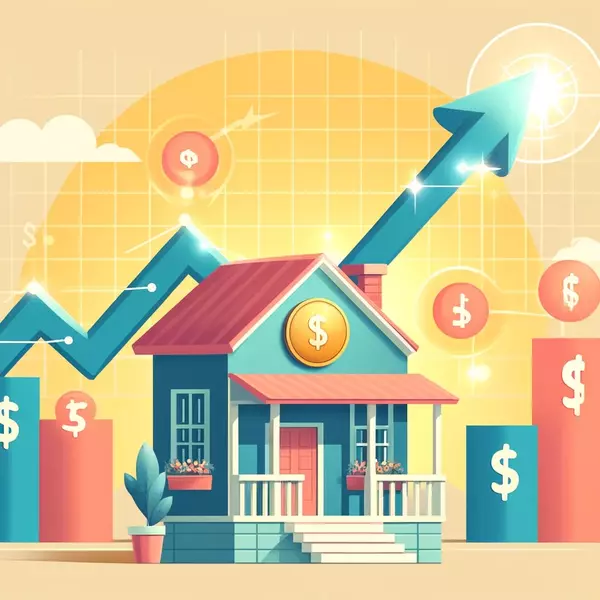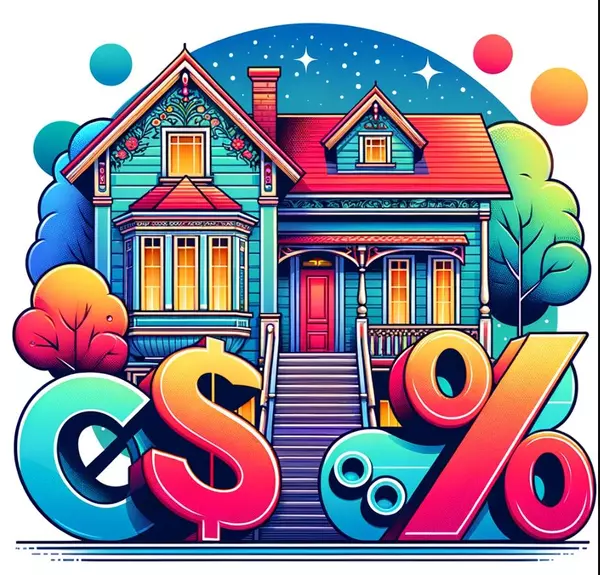
Understanding the Spike: Why Today Was the Worst Day for Mortgage Rates in 2024
Exploring the Impact: How Inflation Leads to Higher Home Loan Costs Recently, the cost of pretty much everything has climbed higher than many experts predicted. This rise in prices directly impacts the affordability of home loans, a critical issue for prospective homebuyers and real estate enthusiasts. Let’s delve deeper into this phenomenon, breaking down complex economic terms into digestible insights, especially focusing on why securing a mortgage is becoming more expensive this year. At the core of this discussion is the Consumer Price Index (CPI), a tool that measures how prices are increasing over time. It’s like a financial thermometer for the economy. The latest readings indicate a significant upturn in the costs associated with living essentials, notably housing and utilities. This increase is not just numbers on a page; it translates into higher interest rates for home loans. Mortgage-backed securities (MBS) play a pivotal role in this scenario. These are essentially pools of home loans that financial institutions bundle together and sell in the market. Their worth fluctuates based on several factors, including interest rates and the overall health of the economy. Following the inflation news, the value of MBS took a hit. This is a crucial point to understand because a drop in MBS value typically results in higher mortgage rates. This means the cost of securing funding for buying a home could escalate, impacting monthly payments for new homeowners. Moreover, a recent auction for U.S. government bonds — think of them as loans the government takes from investors — didn't do as well as expected. This event further stressed the market, hinting at rising borrowing costs. The relationship between these government bonds and mortgage rates is intricate but important. Essentially, when bond yields go up, so do mortgage rates, making loans more expensive for the average buyer. Adding to the urgency, today has been marked as the toughest day to find low-interest rates on home loans in the entirety of 2024. This highlights not just a day of reckoning but underscores a broader trend of escalating costs within the mortgage landscape. It serves as a stark reminder of the global economy's interconnectedness, where various factors can influence the cost of borrowing money for a home. This situation sheds light on several critical points for potential homebuyers. With prices on the rise, securing a mortgage now becomes a more pressing issue. This environment could make it particularly challenging for first-time buyers to step onto the property ladder or for real estate investors to find lucrative opportunities. Understanding these dynamics is essential in today's volatile market. Whether you're looking to buy a home or invest in property, staying informed about interest rates and economic indicators can guide your decisions. Considering the current trends, locking in a mortgage rate sooner rather than later might be a wise move to avoid future financial strain from even higher rates. In essence, navigating the 2024 real estate market demands a keen eye on economic trends, an understanding of how mortgage rates are determined, and a strategy for securing the best possible terms amidst rising costs.
Categories
Recent Posts








